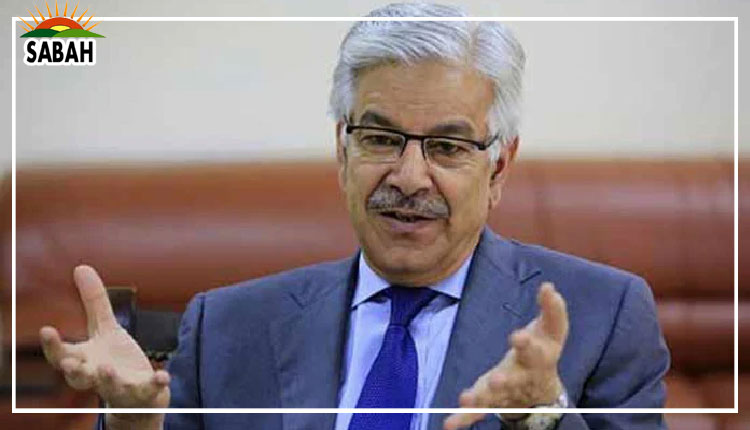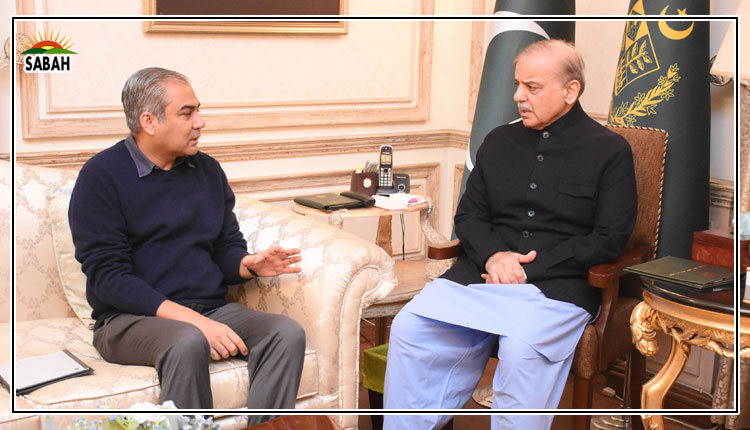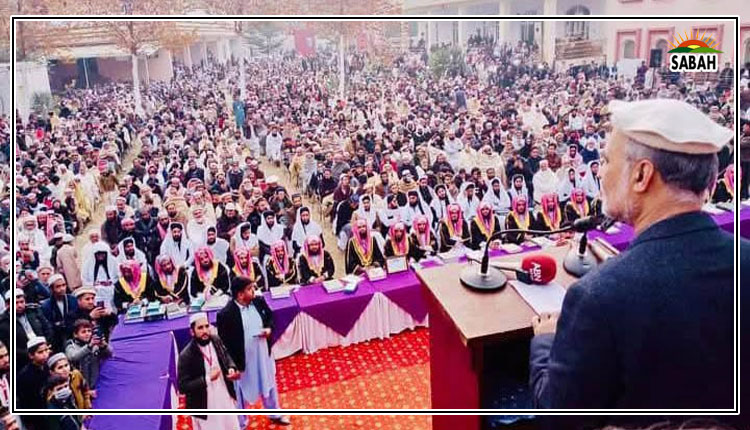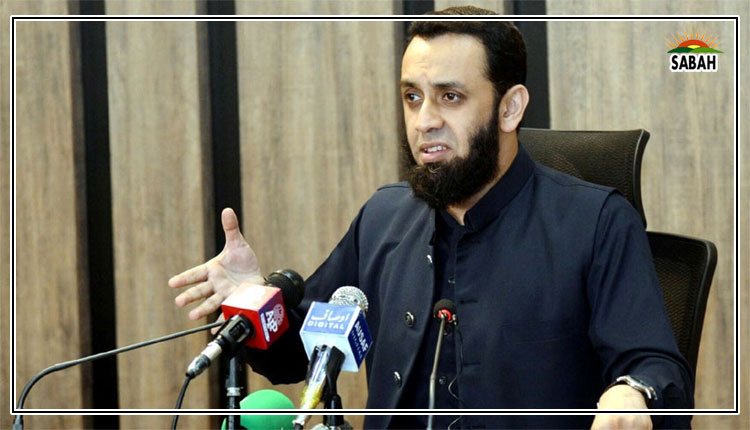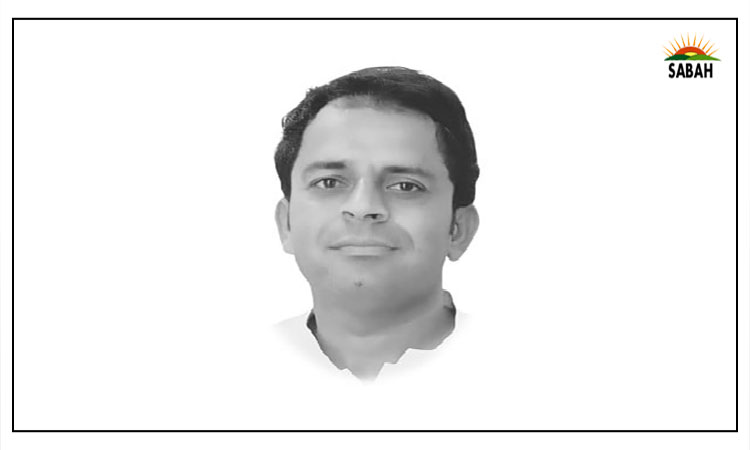Regime change and possible rise of Islamists in Bangladesh… Dr Moonis Ahmar
In 2010, Hifazat-e-Islam was formed to transform Bangladesh from a secular to an Islamic state. While Jamaat-e-Islami was banned to contest general elections by the then regime of Sheikh Hasina in 2013, Hifazat tried to fill the vacuum and launched a movement for adoption of Sharia law.
Following the regime change in Bangladesh on August 6, 2004, Hifazat-e-Islam has got a new lease of life and its leaders are openly calling for disbanding secular identity which was given a constitutional cover by the Awami League regime.
Hifazat’s Vice President Muhyiddin Rabbani has, in an interview given to Hindi daily Dainik Bhaskar, called for Bangladesh to be governed according to Islamic principles rather than the existing legal and constitutional norms. “We want Bangladesh to remain under an Islamic regime,” he asserted while making it clear that Islamic order in Bangladesh will be peacefully established in which minorities will have legitimate rights. If Jamaat is unbanned and Hifazat gets more space in post-August 6 political scenario in Bangladesh, one can expect a rise of Islamic forces that remained neutralised during the 15 years of Sheikh Hasina’s rule.
Rising anti-Hindu attacks in Bangladesh after August 6 embarrassed the interim government and Hifazat Vice President Rabbani also opposed targeting minorities terming it against Islamic principles. Some circles dubbed it as an eyewash, alleging that the real aim of Islamists, whether Hifazat or Jamaat, is to neutralise and curb the Hindu minority.
Can Bangladesh, having an 88% Muslim population, focus on its Islamic identity instead of a secular mode of governance which was enforced during the AL regime? What is the contradiction between Bengali and Bangladeshi nationalism and how Islam plays a role in shaping political discourse in the country following the ouster of Sheikh Hasina from power? By undoing 5th and 8th amendments to the Bangladesh constitution in 2011, which revoked secular character of the country as enshrined in the constitution, Dhaka restored its secular characteristics.
Paradoxically, in the Bangladeshi constitution, Islam and secularism coexist. Article 12 of the constitution pledges to conserve secularism whereas Article 2-A declares Islam as the state religion. Earlier, after the assassination of President Sheikh Mujibur Rehman on August 15, 1975, the successive governments removed secularism from the constitution and Islam was declared as the state religion. Sheikh Hasina while reverting to the secular characteristics also retained Islam in the constitution. Now, after August 6, the debate whether Bangladesh should undo its secular constitutional obligation and establish an Islamic state is gaining ground.
Certainly Bangladesh is at the crossroads dealing with the aftermath of the regime change, mainly the issue of legitimacy of the caretaker set-up, as well as the recent flooding situation. The vacuum emanating from regime change is being filled by different power players in which the role of Islamists is a major reality.
Based on ground realities engulfing Bangladesh since 1972, expecting the erosion of the secular mode of governance is not possible. It is not only the Hindu minority of around 10% which has deep-rooted influence in political, economic, intellectual and social fabric of Bangladesh, a vast section of society wants to keep religion away from state matters. Enlightenment, moderation and tolerance tend to shape perceptions of large segments of Bangladesh society as the role of Islamists is negatively viewed. Following the fateful events of 9/11 and the US-led war on terror, any move by Islamist parties like Jamaat-e-Islami or Hifazat-e-Islam is viewed with suspicion because of their alleged involvement in the acts of terror and violence. Islamists bore the brunt during Sheikh Hasina’s 15-year-long ruler to the extent that constitutional cover was given to secularism. Jamaat in 2013 was disallowed by the Bangladeshi high court to contest elections. Thus it could not participate in the 2014, 2018 and 2024 general elections. On August 1, at the height of the students’ agitation, Jamaat was banned by the Sheikh Hasina regime on charges of terrorism and violence. However, on August 28, the interim government lifted the ban on Jamaat and its student wing.
Following the August 6 regime change in Dhaka, the possible surge of Islamists may be viewed from three perspectives.
First, Bangladeshi society is paradoxically divided into Bengali and Bangladeshi nationalists. Bengali nationalism rules out Islam as the only binding force and adheres to project Bengali identity focusing on common ethnic and lingual characteristics. Whereas, Bangladeshi nationalism gives weightage to Muslim identity along with non-Muslim religious and ethnic minorities. If AL propagates Bengali nationalism as a source of unity for the people of Bangladesh, the Bangladesh Nationalist Party (BNP) talks about Bangladeshi nationalism. While Bangladesh is culturally, ethnically and lingually homogenous, slogans of Bangladeshi and Bengali nationalism are raised to project the two different identities of people.
Second, critics argue that pro-Islamist elements permeated in the students’ movement against Sheikh Hasina with an objective to replace pro-Indian regime in Dhaka. The influence of Jamaat-e-Islami is so entrenched in the Bangladeshi society that when Dr Muhammad Yunus called a meeting of political parties after taking charge as Chief Adviser of the interim government, AL was not present at the meeting but Jamaat was there. If Jamaat approaches the Supreme Court for lifting of the ban and gets successful, one can expect its possible alliance with BNP. The role of Islami Chhatra Shibir, the students’ wing of Jamaat-e-Islami, during the recent students’ movement against Sheikh Hasina cannot be undermined. Known for its organisational skills, Shibir is going to play a major role along with other students groups for preventing AL’s return to power. Over the years, both Jamaat and Islami Chhatra Shibir tried to undo the baggage that they had collaborated with Pakistan Army during the 1971 war and were called ‘Razakaars’. But, even then, several Jammat leaders were tried for so-called war crimes and executed after 2013.
Third, following the unbanning of Jamaat by the caretaker government, one needs to examine its implications. Will it empower Jamaat to pursue its agenda along with Hifazat to establish an Islamic mode of governance in Bangladesh? The likely alliance between Jamaat and BNP is not a remote possibility and may compel secular forces to prevent the surge of Islamists. If the general elections are held soon and Jamaat is allowed to contest then one can expect interesting results because despite the state crackdown on its rank and file since 2008, Jamaat has maintained its vote bank.
Courtesy The Express Tribune



